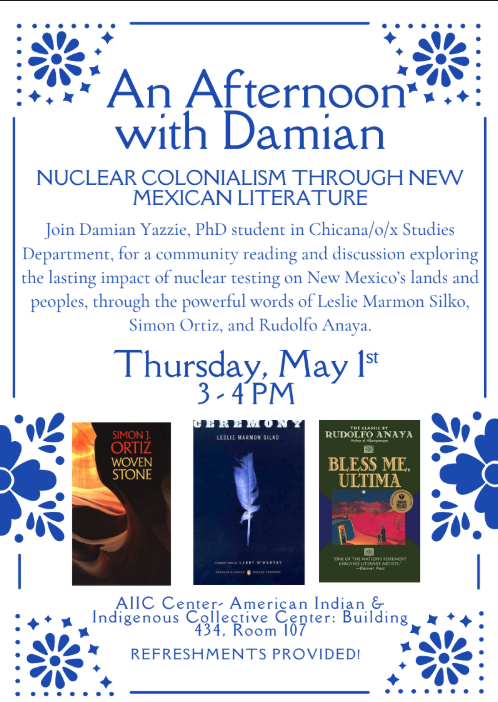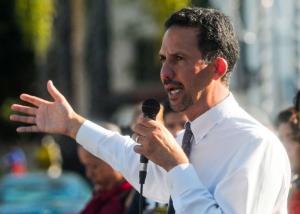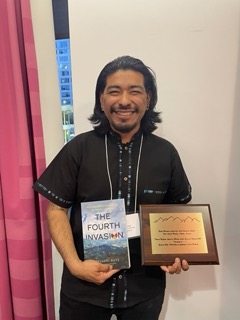News
“The Latino Generation involves not only Mexican-Americans but also other Latinos, like Central Americans and others who come of age in the 1980s and ’90s,” said García, who studies Chicano history from a generational standpoint. - See more at: http://www.news.ucsb.edu/2014/014320/shattering-stereotypes#sthash.WpLhC...
“The Latino Generation involves not only Mexican-Americans but also other Latinos, like Central Americans and others who come of age in the 1980s and ’90s,” said García, who studies Chicano history from a generational standpoint. - See more at: http://www.news.ucsb.edu/2014/014320/shattering-stereotypes#sthash.WpLhC... Latino Generation involves not only Mexican-Americans but also other Latinos, like Central Americans and others who come of age in the 1980s and ’90s,” said García, who studies Chicano history from a generational standpoint. - See more at: http://www.news.ucsb.edu/2014/014320/shattering-stereotypes#sthash.WpLhC...
“The Latino Generation involves not only Mexican-Americans but also other Latinos, like Central Americans and others who come of age in the 1980s and ’90s,” said García, who studies Chicano history from a generational standpoint. - See more at: http://www.news.ucsb.edu/2014/014320/shattering-stereotypes#sthash.WpLhC...








